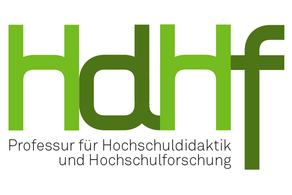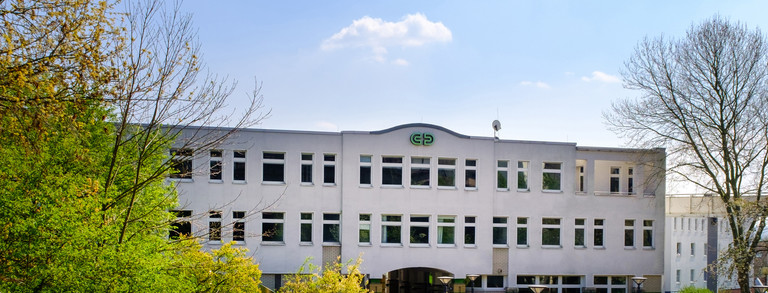Prof. em. Dr. Arie Rip
(University of Twente, The Netherlands)
Science and Engineering in Transformation and the Position of Graduate Training
In Rip (2004) I argued that graduate training should reflect changes in professional practices worldwide, and that present graduate training in applied science and engineering still reflects earlier disciplinary traditions (since the 1950s). Instead, it should be organized in two main streams, 'advanced technology' and 'sociotechnical systems engineering'. This point is reinforced by the move towards strategic science and the general phenomenon of knowledge production in contexts of application. One implication is that graduate training should not be the exclusive prerogative of universities.
Ten years later, there are signs of such moves, including the rise of Research Centres of Excellence and Relevance, but it is not enough. With the recent interest in so-called Grand Challenges, which aim at transformation, further competences become important. One scenario (controlled speculation) about a possible pathway into the future is reluctant adaptation of graduate training in universities to the new contexts, another scenario is the growth of "niches" for graduate training in various Research Centres. A third possibility is a break with the past because of new sponsorship constellations (cf. Kuhlmann and Rip 2014).
- Arie Rip, 'Strategic Research, Post-Modern Universities and Research Training', Higher Education Policy 17 (2004) 153-166.
- Kuhlmann, Stefan, and Arie Rip (January 2014) The Challenge of Addressing Grand Challenges. Report to the European Research and Innovation Area Board.
Arie Rip is emeritus professor of philosophy of science and technology at the University of Twente. He was educated as a chemist, and moved into science, technology and society teaching and research in the 1970s. He has published widely, and has served on panels and advisory committees. His research and background studies have focused on (1) long-term developments of science institutions in context; and (2) technology dynamics and constructive technology assessment. Topics are universities of technology, research funding agencies, foresight studies, sociology of technology and innovation, societal aspects of nanotechnology, and responsible research and innovation.
Wednesday, 16 November 2014, 4.00–5.30 p.m. | Vogelpothsweg 78 (CDI building), room 114
Center for Higher Education (zhb)
Professorship of Higher Education





